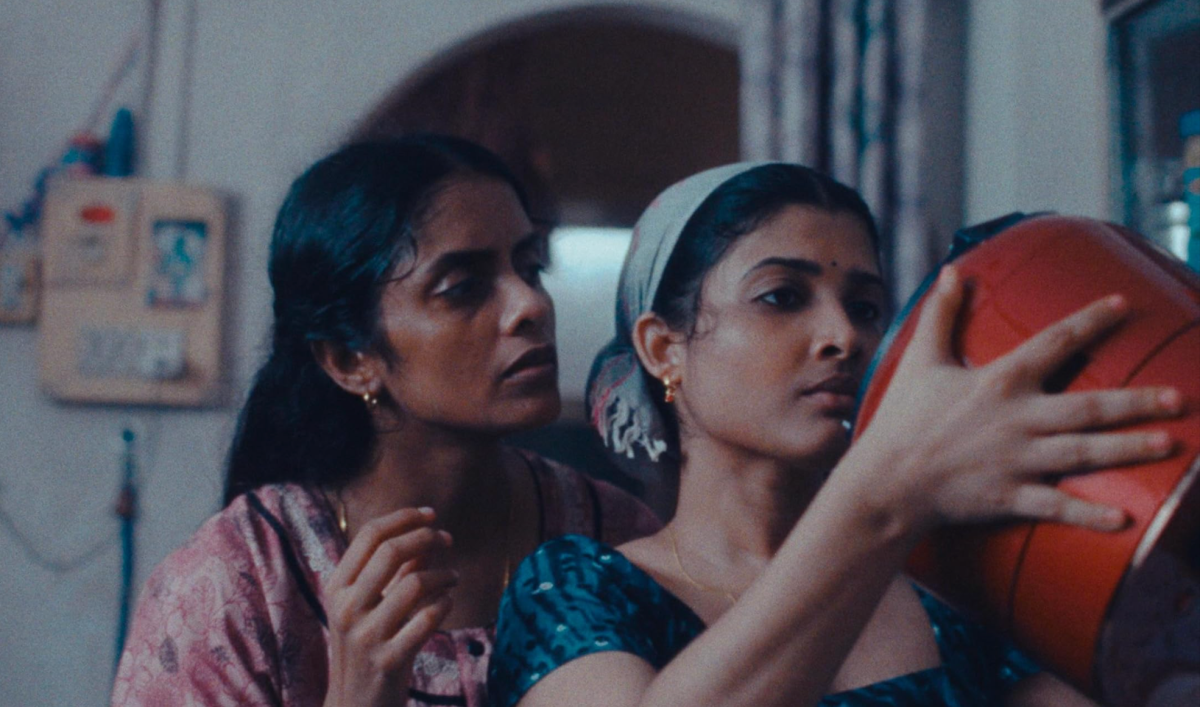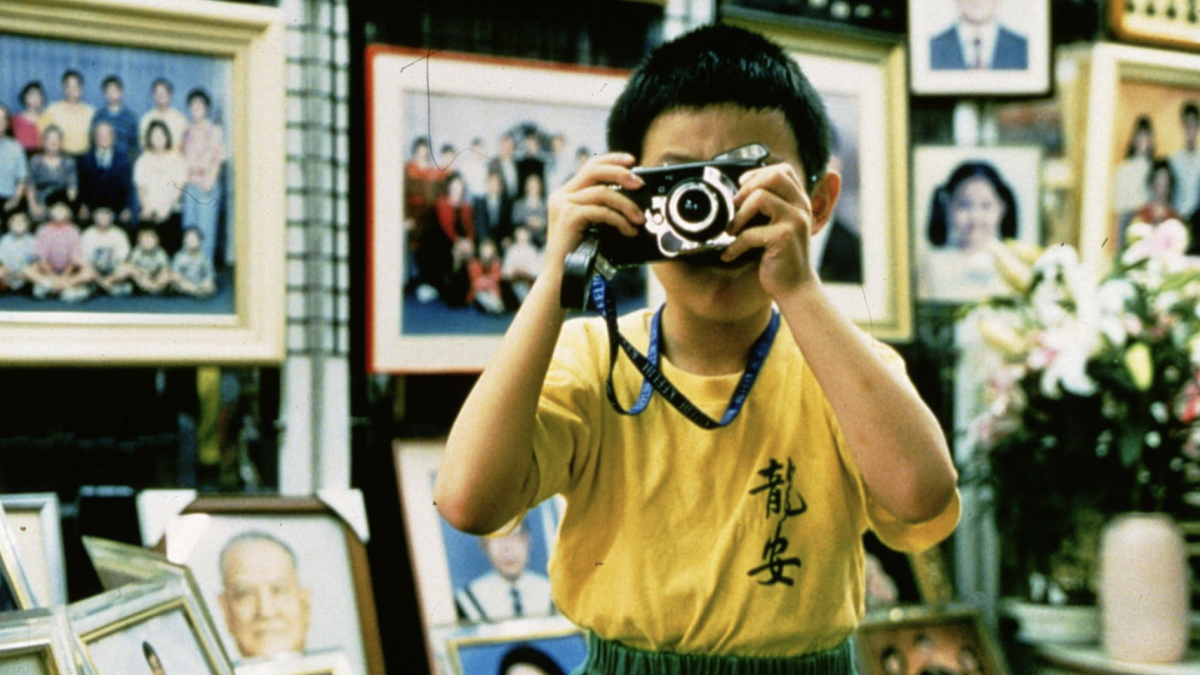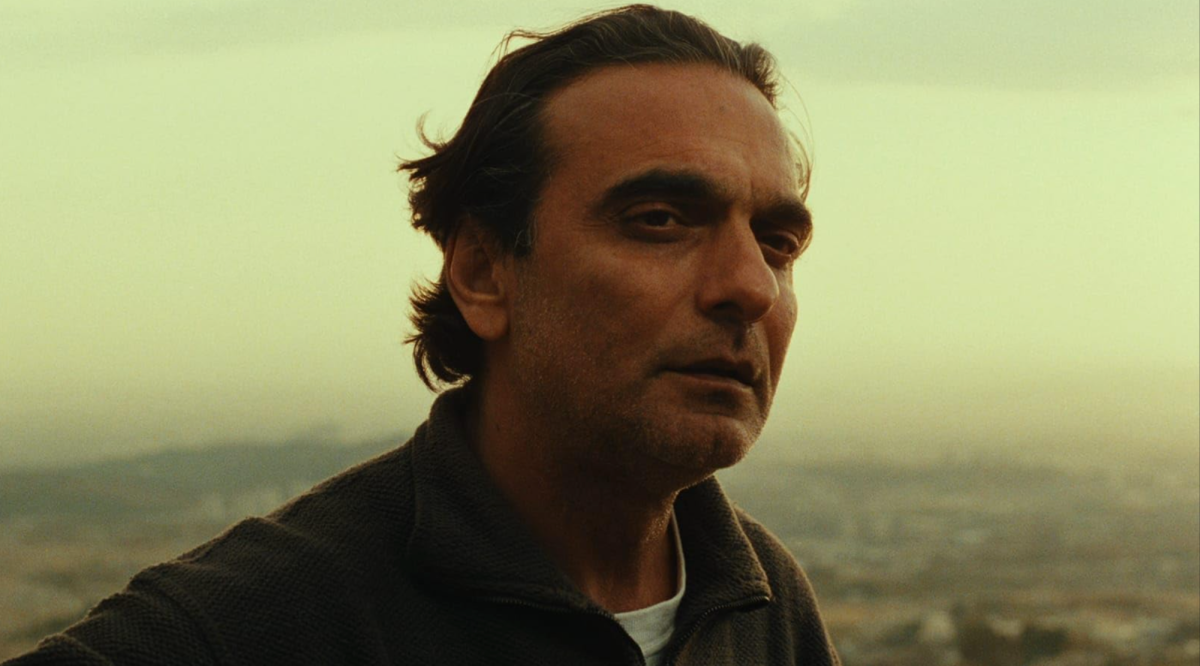
“City of God” is a harrowing depiction of the rise of organized crime and gang violence in the Cidade de Deus favela, or slum, of Rio de Janeiro. Released in 2002, the Brazilian film earned four Academy Award nominations at the 76th Oscars for Best Cinematography, Best Director, Best Film Editing, and Best Adapted Screenplay. It was also Brazil’s submission for Best International Film at the 75th Academy Awards, though it ultimately did not receive a nomination.
Spanning two decades, the film presents a nonlinear narrative, chronicling the transformation of a neighborhood through the eyes of Rocket (Alexandre Rodrigues), an aspiring photographer who is caught between the relentless violence of warring gangs. His story unfolds alongside the ups and downs of drug dealer Li’l Zé (Leandro Firmino), the self-proclaimed boss of the neighborhood, and Mané Galinha (Seu Jorge), a bus clerk-turned-criminal seeking revenge.
Rather than sticking to a strict chronological order, “City of God” structures its story in interconnected chapters, each only introduced when most relevant to the overarching narrative. In this way, the film seamlessly weaves multiple storylines together, avoiding disjointed jumps and maintaining a sense of cohesion. As the film’s narrative progresses, audiences grow to learn how crime, poverty and power can shape a community and the lives of those within it. The result is a masterfully paced film that never feels slow or unnecessary, as every character, no matter how minor, contributes to the bigger picture.
The film’s editing is phenomenal, making it clear why it was nominated for Best Film Editing. The fast cuts, chaotic angles and rapid-fire transitions heighten tension and immerse the viewer in the raw, volatile energy of the favela. A particularly striking sequence is the “chicken chase” in the opening scene, where Rocket finds himself caught between the two opposing forces. The frantic cuts and shaky camera work immediately establish the film’s intensity and the chaos to come.
Another significant contributor to the film’s immersive atmosphere is its score and soundtrack. “City of God” masterfully blends traditional Brazilian music with pulsating funk and samba rhythms, reflecting the cultural vibrancy of Rio de Janeiro while underscoring the film’s darker themes. The upbeat nature of some tracks creates a contrast to the brutal violence on screen, reinforcing the film’s message about the normalization of crime in the favelas. At times, the music adds an almost celebratory feel to scenes of power, which, when contrasted with moments of violence, makes the scenes even more disturbing. The soundtrack also heightens the emotional burdens of certain scenes, such as those following a character’s death, making the world of “City of God” feel all the more alive and gripping.
Adding to the film’s authenticity, the cast of the film is almost entirely made up of amateurs, many of whom grew up in favelas around Rio de Janeiro. Rather than relying on a rigid script, director Fernando Meirelles encouraged improvisation to create a more natural depiction of street life. This pays off tremendously, as the performances feel raw and unscripted, capturing the unpredictability of life in Cidade de Deus. The young actors in particular, such as Firmino as the sociopathically cruel Li’l Zé, deliver hauntingly believable performances.
While “City of God” is an undeniably powerful and thought-provoking film, it is also an incredibly hard watch. The film does not shy away from depicting the brutal realities of gang violence, with some of its most disturbing moments involving children both witnessing and committing acts of extreme violence. These scenes force the viewer to confront the cycle of poverty and crime that children who grow up in these environments have little choice but to join. In my experience, the film makes you reflect on your own privilege, as watching the movie from a place of comfort and security makes it impossible not to feel the stark contrast between your life and the reality of the film’s characters.
Despite its brutality, “City of God” is an inspiration in storytelling, cinematography and editing, creating a harrowing and unforgettable cinematic experience. It demands your attention and keeps you watching, leaving you with a mix of shock and sorrow. For those who can handle the sensitive subject matter, the film is a must-watch as it immerses you in a world that, for many, is their harsh reality.





















